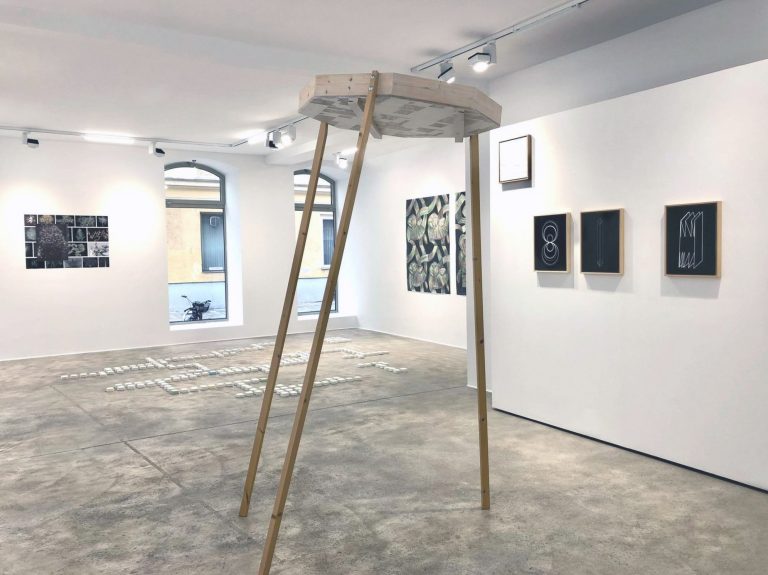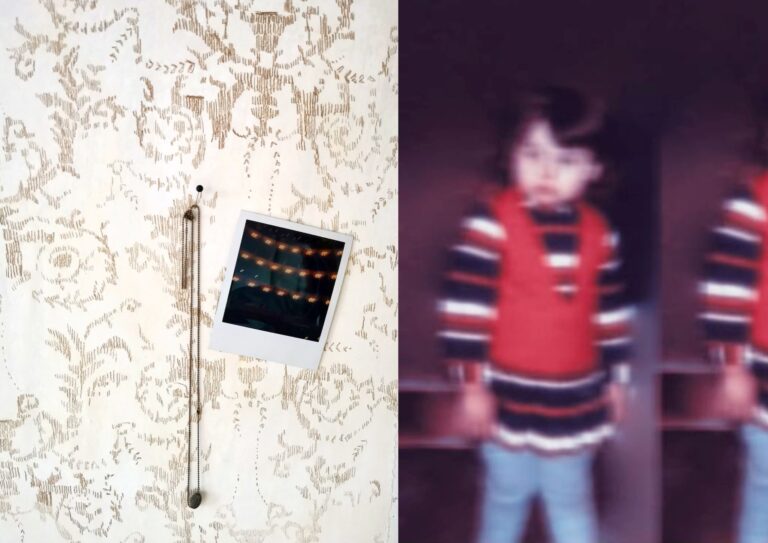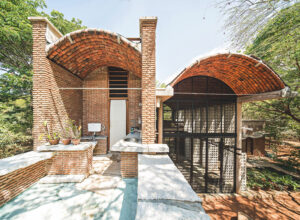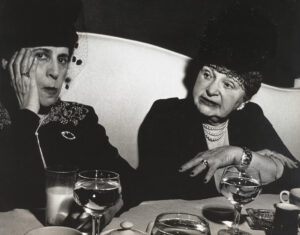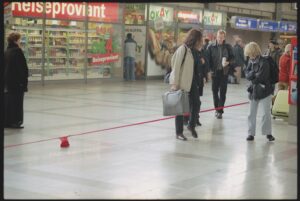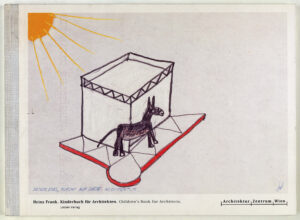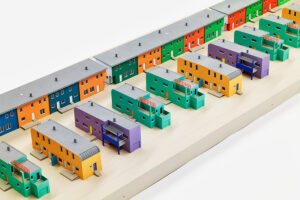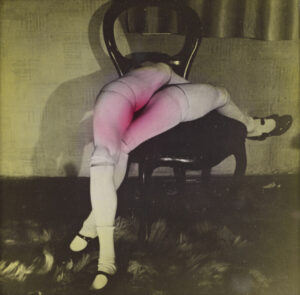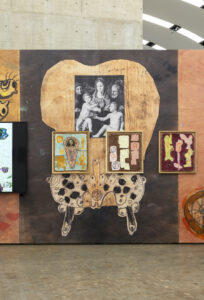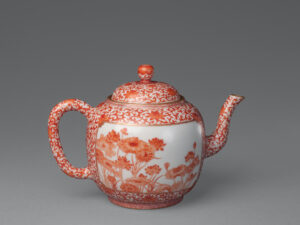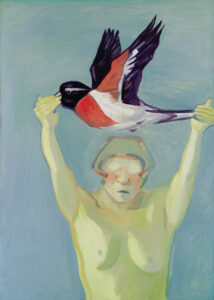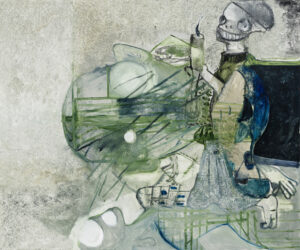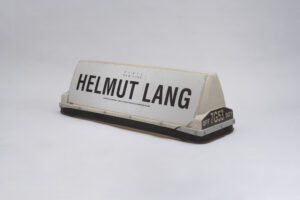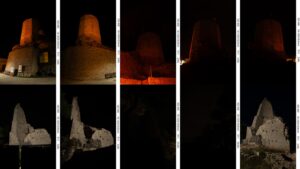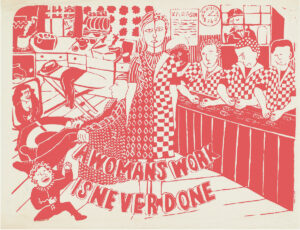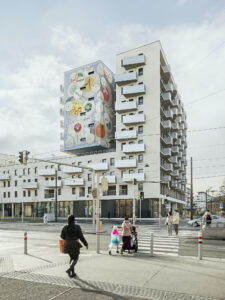Foreign time
Everyday life has accelerated. One reason for this is probably the ever faster rates of technical innovation, the results of which themselves help us to cope with the accelerated processes. Everything could be in balance if the need to adapt emotionally and mentally to the new conditions were not growing at the same time. And this gives rise to the suspicion that the innovative power of these levels cannot always keep pace with technical developments.
We know from physics that great acceleration goes hand in hand with great frictional losses and high energy consumption. In terms of everyday life, this means a high level of psychological and emotional effort. The emotional experience of time shows that many things have their own speed, which cannot be arbitrarily shortened or optimized, especially not in relation to mental or physical developmental steps. “All types of change, regardless of whether they affect the situation, the situation or the form, take time. The exchange between humans and their environments – as, of course, between animals, plants, organs and their environments – also takes time, regardless of whether this exchange has taken on a life of its own as an action or whether it is bound to exchange media such as air, food, physical forces or information. This universal phenomenon has long been referred to as ” inherent time. “*
The modern world tries to help us discover our own time, but it is itself part of the problem it claims to have solved. The desired deceleration is difficult to achieve if it is to be realized from the outside. Rather, it is about recognizing inner abilities to deal with the accelerated world.
As soon as our own feelings set the pace, we automatically bring requirements and abilities into alignment. The prototypical case of the child at play is an indication of the real possibilities for deceleration inherent in our society. Their creativity is not defined by a detachment from constraints, but by a turning towards things. In the self-forgetful preoccupation with the world lies the possibility of contact with one’s own self. Artists engage in this process in order to develop new interpretations and positions of other time and their own time.
* Fritz Reheis, philosopher and university lecturer, Bamberg
flat1_artspace
Since 2009, flat1_artspace has been showing thematic group exhibitions. Interdisciplinary performances form an additional program. Another focus is the promotion of exchange between inter/national artists and the creation of networks. The program is designed by the visual artists Karin Maria Pfeifer and Sula Zimmerberger, who expand the spectrum of their artistic activities through their curatorial work.
Opening: "When time decided to treat itself to a coffee"
10 Nov 2024/18:00-21:00H
flat1_artspace
Radetzkystraße 4, 1030 Wien, Österreich
© Karin Maria Pfeifer & Sula Zimmerberger
